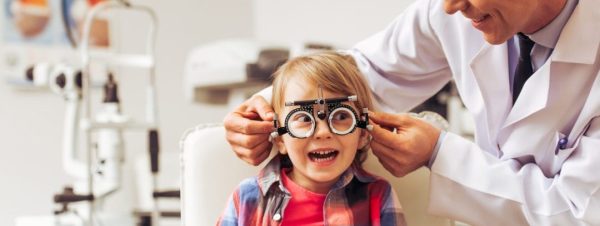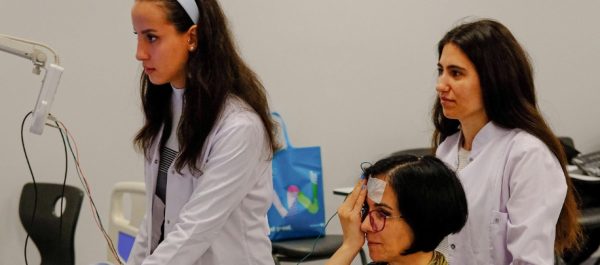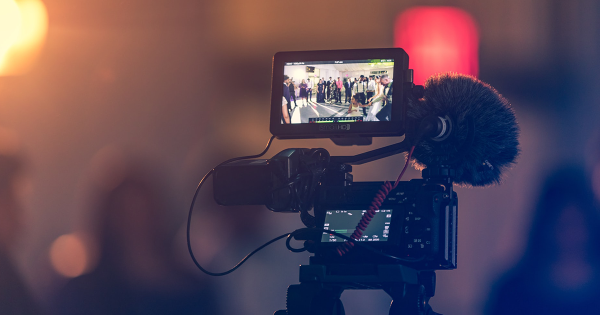What can you do?
Our independent opticians Bristol store recommends anyone aged between 19 and 60 assess their lifestyle patterns to protect the eyes from stress and injury. These patterns are modifiable risks: that means you can reduce the risk to your eyes if you choose!
DIET
You should ensure you eat enough fruit and vegetables each day. Choosing foods rich in antioxidants like leafy green vegetables and fish can also help your eyes.
NO SMOKING
Smoking exposes your eyes to high levels of noxious chemicals and can increase the risk of age-related macular degeneration (AMD) and cataracts.
EXERCISE
Regular exercise improves circulation, increases oxygen levels to the eyes and aids the removal of toxins. As vision is often connected to general health it makes sense to maintain fitness levels.
SUNGLASSES
Protect your eyes from harmful ultraviolet (UV) rays when outdoors. This is essential, especially in hot, sunny weather. Make sure you choose sunglasses with UVA and UVB protection confirmed to block both forms of ultraviolet rays.
REGULAR EYE CHECKS
For adults between 19 and 40, eye checks should be every 2 years. However, if you’re more at risk of eye disease due to family history or other health conditions, attend more frequently than this.
Protect Your Eyes from the Sun - Wear Sunglasses
UV rays can be harmful even when overcast, hot and sunny weather poses more of a problem and over time too much exposure increases the likelihood of cataracts or cancer of the eyelids. However, UV damage is cumulative, so it’s never too late to get a pair of sunglasses!
Some further tips:
- Wear a wide-brimmed hat or cap if you’re going to be in the sun a lot, they can block up to half of UV radiation when used with sunglasses.
- Wear sunglasses whenever you’re exposed to a lot of UV radiation, this may even be on cloudy days and during winter months.
- When buying sunglasses, quality is important. Brands such as Ray Ban, Oakley, Maui Jim, all offer great protection.
All Sunglasses should block out 99 to 100 percent of both UVA and UBB radiation and screen out 75 to 90 percent of visible light. Be careful to look at specifications before buying.
Visual Stress in Education or Work
Understandably, eyestrain is a common occurrence today. If you’re working at a computer all day, you may find that your eyes begin to fatigue towards the end of the day. Employers and employees should be aware of the correct measures to take in an office – lighting, seating, working distances and viewing angles all need to be considered in the workplace.
If you exhibit one or a few of the following symptoms, you may be at risk of eyestrain:
- Sore or tired eyes
- Itching or burning sensations in the eyes
- Sensitivity to light
- Dry or watery eyes
- Headaches
- Difficulty focusing
If you think you are suffering from eyestrain, a few measures may alleviate the symptoms:
Adjust Your Workstation
The computer monitor should be positioned below eye level so you’re looking slightly downwards when viewing the screen.
Proper Lighting
Consider the lighting in your work area - overhead lights can be harsh and brighter than necessary. On the flipside working in darkness means your eyes will have to work much harder – a good balance is best.
Take Breaks
Ensure you take breaks from work - your eyes need exercise like the rest of your body. This means too much time focusing at one distance can increase the risk of eyestrain.
Posture
Ensure your feet rest flat on the floor and use an adjustable chair that provides enough support for your back. When working at a computer, your arms should form a 90 degree angle at the elbows and your hands should be tilted upwards so that your fingers can travel freely over the keyboard.
Appropriate Visual Correction
Some people benefit from specific eye wear for specific visual tasks. A great analogy is footwear: we wear different shoes for work, for sport, socially: as humans we're great at adapting our environment to make life easier. We should do that for our eyes as well.


